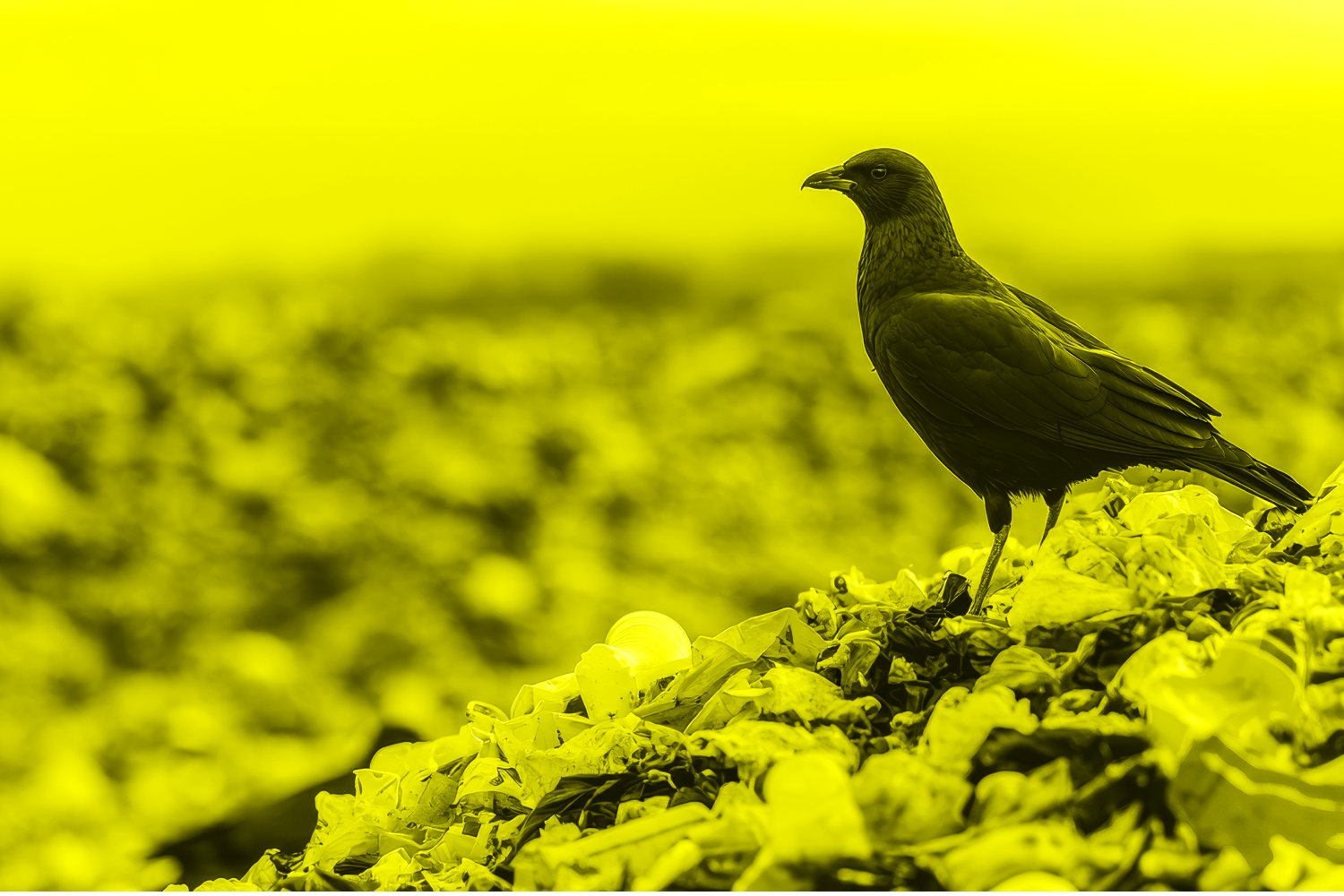Delegates from 184 countries are meeting in Geneva this week for what is set to be the last round of negotiations on a treaty to address plastic pollution. The talks have been ongoing for more than three years, but are currently stuck on one point: Whether to impose limits on plastic production. Developing nations, often on the receiving end of the world’s pollution, want a cap, while those that produce fossil fuels and petrochemicals argue that managing waste is the answer. Ahead of the talks, The Lancet published a report warning that the world cannot recycle its way out of the problem, because plastics pose a threat at every stage of their lifecycle.
Italy fined fast-fashion supersite Shein €1 million (about $1.15 million) for making “misleading or omissive” environmental claims, reports The Guardian. At issue, in particular, is the evoluSHEIN by Design collection, which the Italian competition authority, AGCM, says makes claims about materials’ sustainability and recyclability intended to mislead customers. This comes just a month after France hit the fast-fashion brand with a €40 million (about $46 million) fine for “deceptive commercial practices.”
A first-of-its-kind lawsuit from a group of nonprofits, tribes, and local governments is in court this week. They’re suing the EPA to reinstate grants from the Environmental and Climate Justice program, which provides $3 billion for communities for climate adaptation. Its funds go towards a range of initiatives including air-quality monitoring, tree planting in urban heat zones, lead-pipe replacements, and upgrades to make communities more resilient against extreme weather events. “Unlawfully ending this program threatens the ability of local governments to protect their people and the environment,” Jon Miller, Chief Program Officer at the Public Rights Project, said in a statement.
An unlikely coalition has come together to save the Energy Star program from the Trump administration’s chopping block, Grist reports. Environmental groups like the Sierra Club have been joined by the Association of Home Builders (makes sense), the American Bakers Association (also tracks), but also the likes of The American Chemistry Council—which has a history of battling the EPA over power-plant regulations, but also a stake in energy efficiency. While it is possible for shoppers to spot efficient appliances other ways, this group’s efforts and bipartisan support in congress have so-far kept the iconic bright blue label from elimination.
Dutch supermarket chain Albert Heijn has become the first major grocer to disclose its methane emissions. The gas—which is 28 times more potent than CO2—accounts for about 14% of their total greenhouse footprint. As a first step to drawing down grocers’ methane emissions, Mighty Earth, a global environmental advocacy org, is calling for other supermarket giants to make similar disclosures. Their findings make particular reference to Heijn’s parent company’s U.S. brands, including Food Lion and Stop & Stop, which are responsible for 45% of the international group’s methane output. The reason: The American hunger for meat and dairy.

